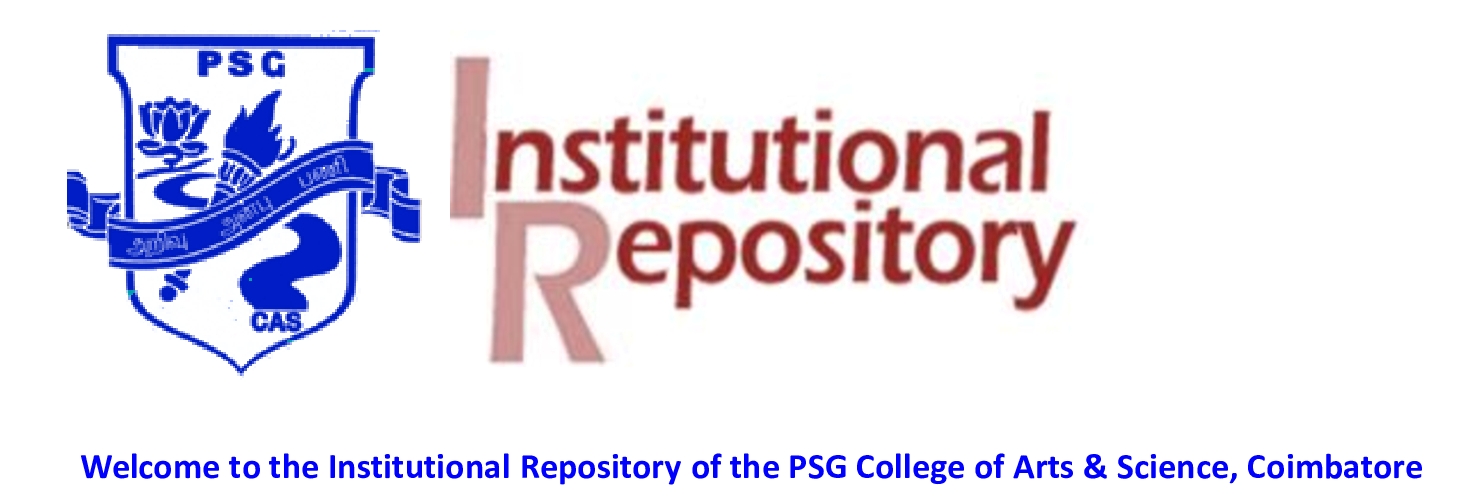Anuradha, G and Anupriya, S (2023) ADVANCING TRAVEL AND TOURISM: EMBRACING THE ERA OF ARTIFICIAL INTELLIGENCE. ADVANCING TRAVEL AND TOURISM: EMBRACING THE ERA OF ARTIFICIAL INTELLIGENCE, 22 (10). ISSN 0044-0477
Dr. G. Anuradha_ADVANCING TRAVEL AND TOURISM.pdf - Published Version
Download (413kB)
Abstract
India's travel and tourism industry has undergone substantial change and expansion over the
years, becoming an important factor in the nation's economic and social development. One of
the country's biggest and most rapidly expanding industries, the tourism and travel industry
extensively promotes jobs and the nation's GDP. This report examines the fast-changing
landscape of artificial intelligence (AI) in India's travel and tourism sector. By enhancing
customer experience, increasing operational efficiency, developing new business models, and
encouraging innovation and sustainability, artificial intelligence (AI), an emerging technology,
has the potential to completely change the industry. But there are also substantial hazards and
difficulties associated with AI, such as the need for human-AI governance and the
consequences for ethics, law, society, and culture. In order to give a thorough overview of the
existing situation and potential developments in artificial intelligence in the travel and tourist
industry. The study identifies the main drivers, barriers, opportunities, and threats of AI
adoption in the sector. The study concludes that AI is a key enabler for the travel and tourism
sector to thrive in the new era of digital transformation, but it also requires careful
management and regulation to ensure its ethical, responsible, and sustainable use.
| Item Type: | Article |
|---|---|
| Additional Information: | JEL Number: R41, Z32, Q01, Q16. |
| Uncontrolled Keywords: | Travel, Tourism, Sustainability, Technology, Artificial Intelligence. |
| Divisions: | PSG College of Arts and Science > Department of Commerce |
| Depositing User: | Dr. B Sivakumar |
| Date Deposited: | 08 Oct 2024 09:27 |
| Last Modified: | 08 Oct 2024 09:27 |
| URI: | https://ir.psgcas.ac.in/id/eprint/2320 |

